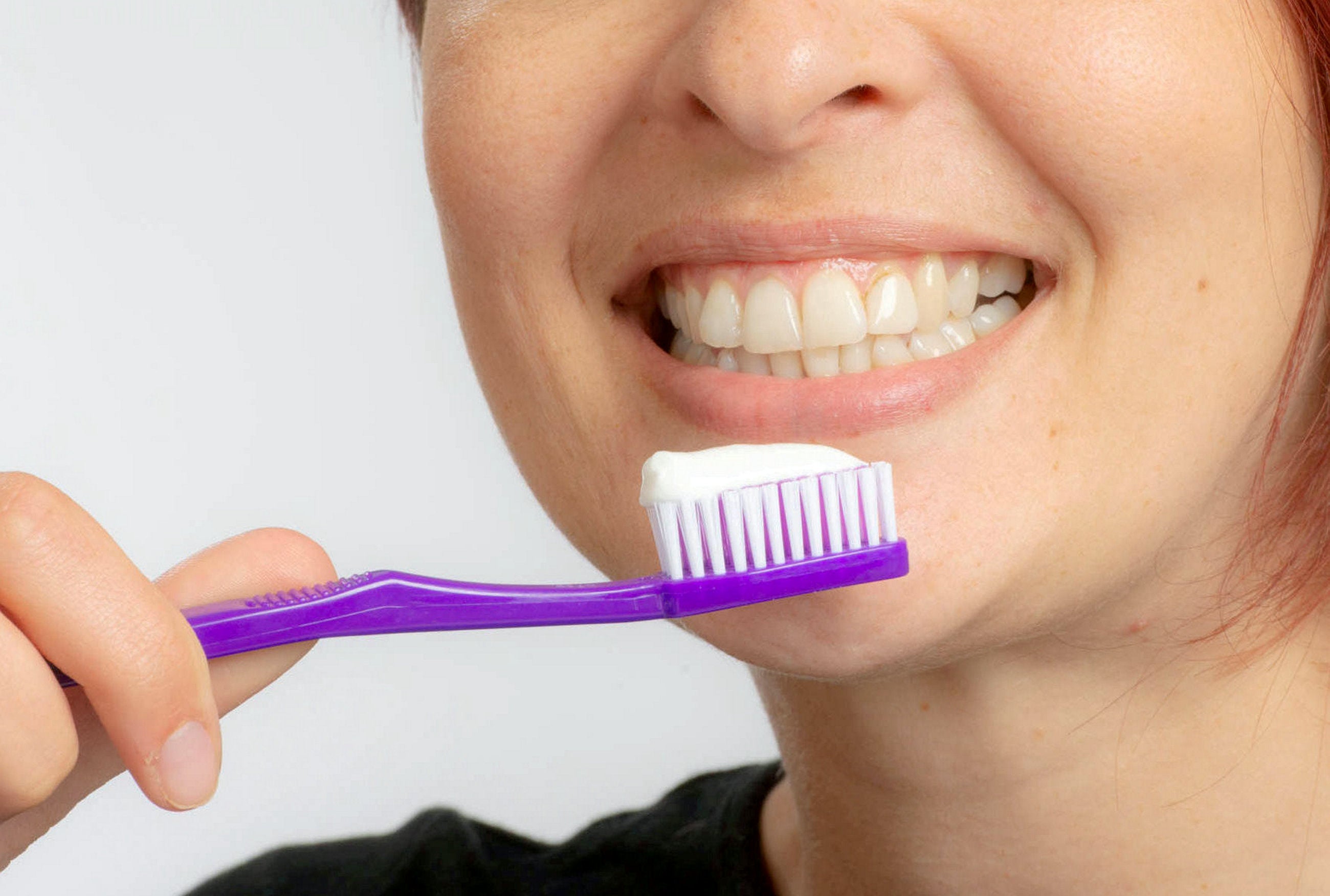
Looking after your teeth also takes care of the brain, experts have found.
Researchers learnt that adults genetically prone to poor oral health may be more likely to show signs of declining brain well-being than those with healthy teeth and gums.
And early treatment of dental issues may lead to significant brain health benefits, according to the findings.
Previous studies have shown that gum disease, missing teeth and other signs of poor oral health, as well as poor brushing habits and lack of plaque removal, increase the risk of a stroke.
Research has also found that gum disease and other oral health concerns are linked to heart disease risk factors and other conditions such as high blood pressure.
Study author Dr Cyprien Rivier, of Yale School of Medicine in the US, said: “What hasn’t been clear is whether poor oral health affected brain health, meaning the functional status of a person’s brain, which we are now able to understand better using neuroimaging tools such as magnetic resonance imaging or MRI.
“Studying oral health is especially important because poor oral health happens frequently and is an easily modifiable risk factor – everyone can effectively improve their oral health with minimal time and financial investment.”
He said that just as healthy lifestyle choices impact the risk of heart disease and stroke, they also affect brain health, which includes the ability to remember things and think clearly.
The research team analysed the potential link between oral health and brain health among 40,000 British adults with an average age of 57 without a history of stroke between 2014 and 2021.
Participants were screened for 105 genetic variants known to predispose people to have cavities, dentures and missing teeth later in life, and the relationship between the burden of the genetic risk factors for poor oral health and brain health was evaluated.
Signs of poor brain health were screened via MRI images showing accumulated damage in the brain’s white matter, which may impair memory, balance and mobility and microstructural damage, which is how much the fine architecture of the brain has changed in comparison to a normal brain scan of a healthy adult of similar age.

The analysis found that people who were genetically prone to cavities, missing teeth or needing dentures had a higher burden of silent cerebrovascular disease.
This represented a 24 per cent increase in the amount of white matter damage visible on the MRI images.
Those with overall genetically poor oral health had increased damage to the fine architecture of the brain, as represented by a 43 per cent change in microstructural damage scores visible on the MRI scans.
Dr Rivier explained that microstructural damage scores are whole-brain summaries of the damage sustained by the fine architecture of each brain region.
He added: “Poor oral health may cause declines in brain health, so we need to be extra careful with our oral hygiene because it has implications far beyond the mouth.
“However, this study is preliminary, and more evidence needs to be gathered – ideally through clinical trials - to confirm improving oral health in the population will lead to brain health benefits.”
The findings are due to be presented at the American Stroke Association’s International Conference in Dallas next week.
SWNS







